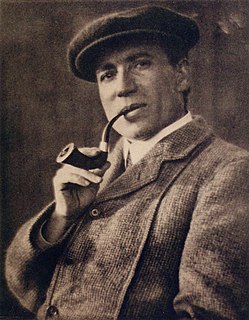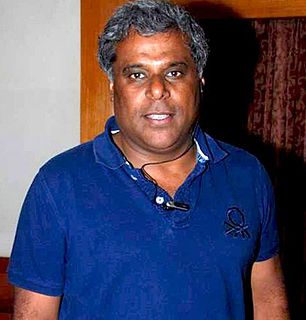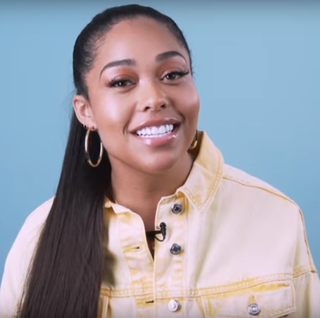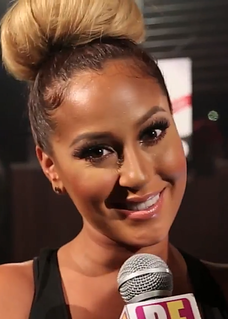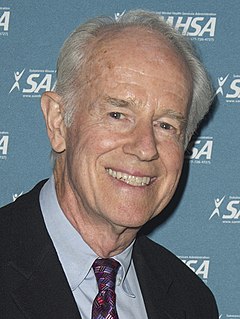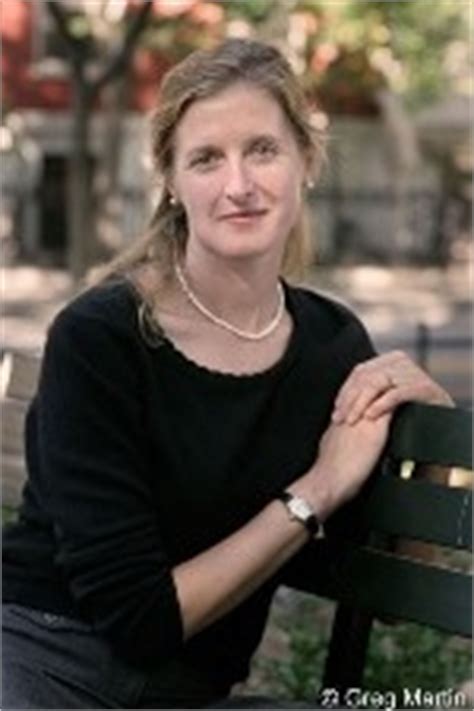A Quote by W. H. Davies
I dislike society because conversation exhausts my brain more than silent thought - again, I cannot hold my water long enough for a prolonged conversation.
Related Quotes
Let us not look east and west for materials of conversation, but rest in presence and unity. A just feeling will fast enough supply fuel for discourse, if speaking be more grateful than silence. When people come to see us, we foolishly prattle, lest we be inhospitable. But things said for conversation are chalk eggs. Don't say things. What you are stands over you the while, and thunders so that I cannot hear what you say to the contrary.
This conversation with the audience has been going on since, what, '72, '73... Sometimes it's like a conversation after dinner with friends. You're in a restaurant, and you got there at 8 o'clock. Suddenly, you realize it's midnight. Where did the time go? You're enjoying the conversation. It's sort of a natural, organic conversation.
And that's where our conversation went from there, than God, both of us laughing our butts off at the thought of a hoops game between two teams on intravenous fluids. Which makes absolutely no sense at all; I know that. But that's why it cheered me up, because it was so absolutely stupid. It cheered me up more than I'd ever thought I'd be cheered up again.
There may be an art to conversation, and some are better at it than others, but conversation's virtue lies in randomness and possibility: people, without a plan, could speak a spontaneous, unexpected truth, because revelation rules. Telling words recur in this smart, generous conversation between Stephen Andrews and Gregg Bordowitz: patience, responsibility, feminism, ethics, cosmology, AIDS, gift, freedom, mortality.
